'If you want to stop or anything we can obviously stop, if it hurts or anything we can stop, it won't be awkward, just say.' When I saw Connell reassure Marianne before she has sex for the first time in Normal People, I realised I’d never seen consent so clearly dramatised. It felt realistic – and raw and radical. I gasped, then clapped my hands.
When the adaptation of Sally Rooney’s novel hit our screens this spring the only thing more hotly debated than Connell’s chain was those extended, intimate sex scenes. In Ireland, where Normal People was set and filmed, a fierce debate raged on RTÉ radio’s Liveline programme about the show. Callers called it ‘something you would expect to see in a porno’, ‘morally wrong’ and ‘promoting fornication’. Lisa McGee, the writer of Derry Girls tweeted, ‘You just know all the heads disturbed by the consensual sex scenes in Normal People love settling down to a gritty crime drama with a bit of rape and murder while they have their fish and chips.’
And she’s onto something. We’re pretty used to a Friday night dinner accompanied by a side order of TV rape and murder. From Liar to Whitechapel, it’s become the norm. So why did a show depicting consensual tender sex cause such offence – and does it prove that pleasure is more of a taboo than rape on our screens?
Pleasure is a sticky issue. If it’s not causing offence then it’s accompanied by an ‘oo-er’ and a waggling of eyebrows. Who has time for pleasure? Give us murder! Give us REAL ISSUES! As a co-host of a podcast called The Pleasure Podcast I can tell you that pleasure is more powerful than we like to give it credit for. You need only look at the strong reactions it provokes when we see it realistically portrayed onscreen.
Why did a show depicting consensual tender sex cause such offence – and does it prove that pleasure is more of a taboo than rape on our screens?
Dr Anand Patel, a specialist in sexual function, and I decided to fill the gap left by our basic British sex ‘education’, when we created The Pleasure Podcast with the aim of interviewing guests about the relationships we have with our bodies when it comes to sex, intimacy and pleasure. But even the word ‘pleasure’ is tricky. I’ve kicked myself for our choice of title, afraid that potential guests would be put off by finding it too provocative or outright silly.
The thing is it takes bravery to be really honest when talking about pleasure, because it sometimes means talking about pain. Normal People weaves its sex into the story of the pain of miscommunication and unspoken feelings in its central relationship. Many of our guests have overcome abuse, homophobia and oppression to fight for their freedom to feel pleasure. Society is scared of it because of the potential power of knowing your own body, of its quiet, revolutionary ability to give us agency. That’s why societies seek to control pleasure in women’s, trans, Black, disabled and gay bodies.
Is the power of pleasure why so many fight for the right for it? Why, as sexologist Woet Gionotten told us, people crave pleasure near the end of their lives so badly? Our shame around pleasure can cause us great harm. But, I have learnt that taking about pleasure can have huge benefits.
Talking about pleasure helps us take responsibility for our own sex education. Anand and I have learnt from non-binary writer-performers like Charlotte Josephine and Teddy Lamb who taught us how the queer community is making consent sexy. The author Sarah Perry told us about the power of our erotic imagination and how knowing someone really well can be one of the most erotic things of all. As Emma Thompson said on the podcast, getting past shame about pleasure helps us listen to our gut instinct, which is both empowering and vital in navigating the murky world of consent. Our sex lives with our partners have improved because our communication has improved, and most importantly our sense of selves. And it’s not limited to our personal lives. Anand’s practice as a GP has radically altered in the way he speaks to and advises women.
It’s no wonder that the response to the sex scenes in Normal People has been so overwhelming. We respond with recognition when we see sex play a wider part in our lives. Executive producer Emma Norton said of the show: ‘We wanted the intimate scenes in the show to have as much narrative value as the dialogue scenes … the sex scenes needed to continue telling the story.’
Pleasure is a huge part of the story of our lives, it doesn’t exist in a vacuum. It is a vital part of who we are, an idea that can be equally challenging and revolutionary.
READ MORE: What To Watch On Netflix This June
What To Watch on Netflix June 2020 - Grazia
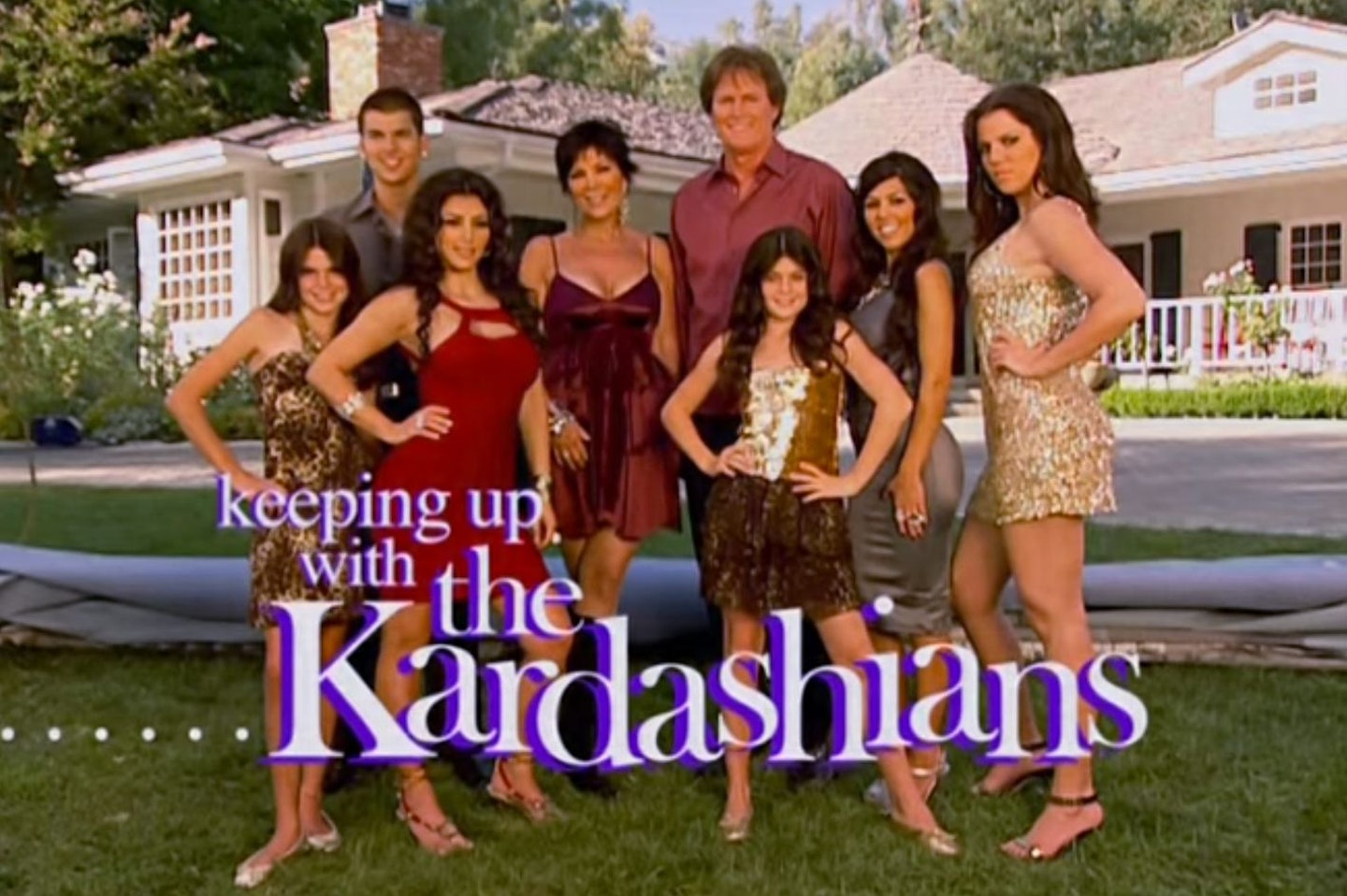 1 of 14
1 of 14Keeping Up With The Kardashians
One word: iconic. Follow Hollywood's First Family in their first two seasons as we go all the way back to 2007 when Kylie was 10 and Kendall was 12. 1 June
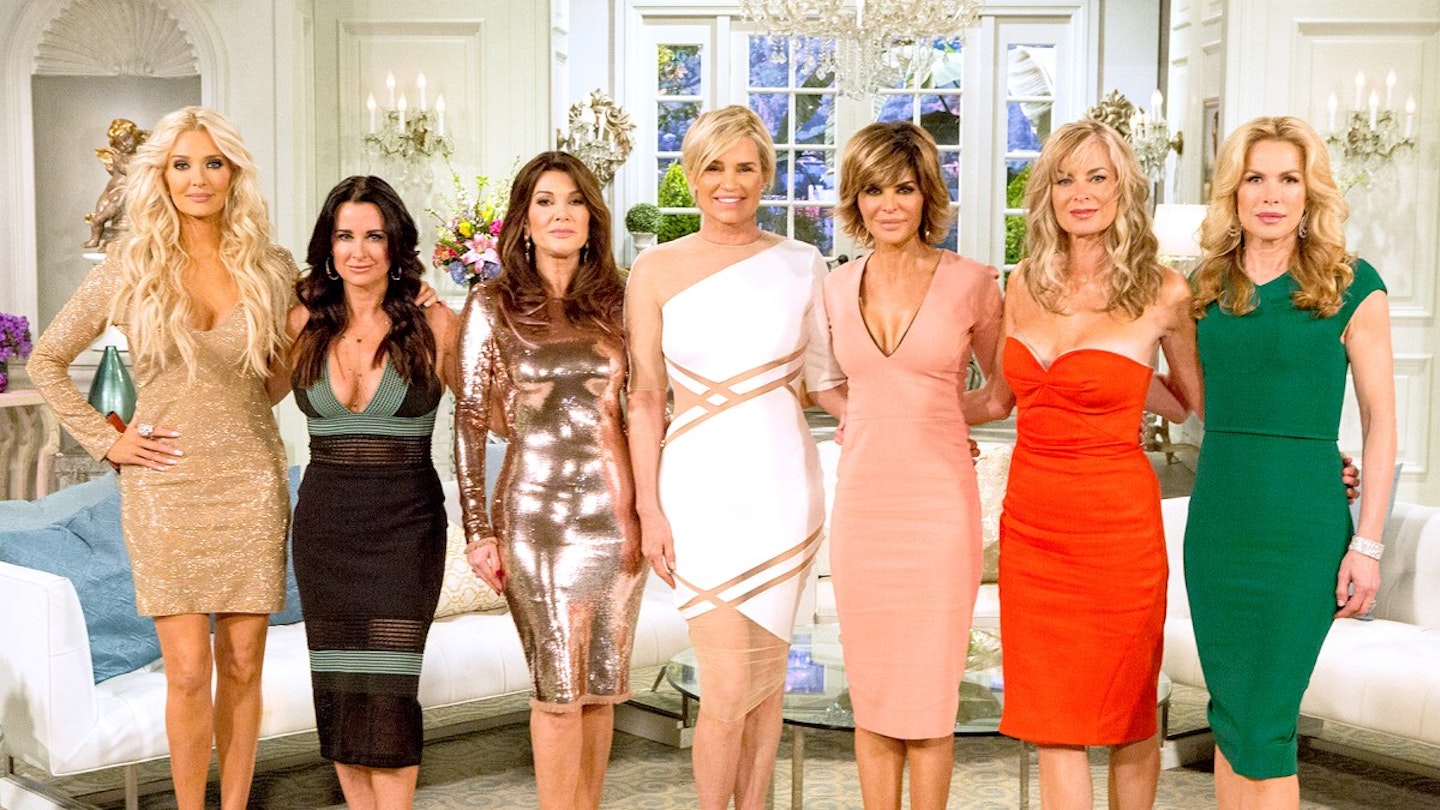 2 of 14
2 of 14The Real Housewives of Beverly Hills
The first two seasons of the iconic Real Housewives of Beverley Hills (and the first two seasons of the Real Housewives of Atlanta) are coming to Netflix this June. Keep your eyes peeled for appearances by Gigi and Bella Hadid before they were household names. 1 June
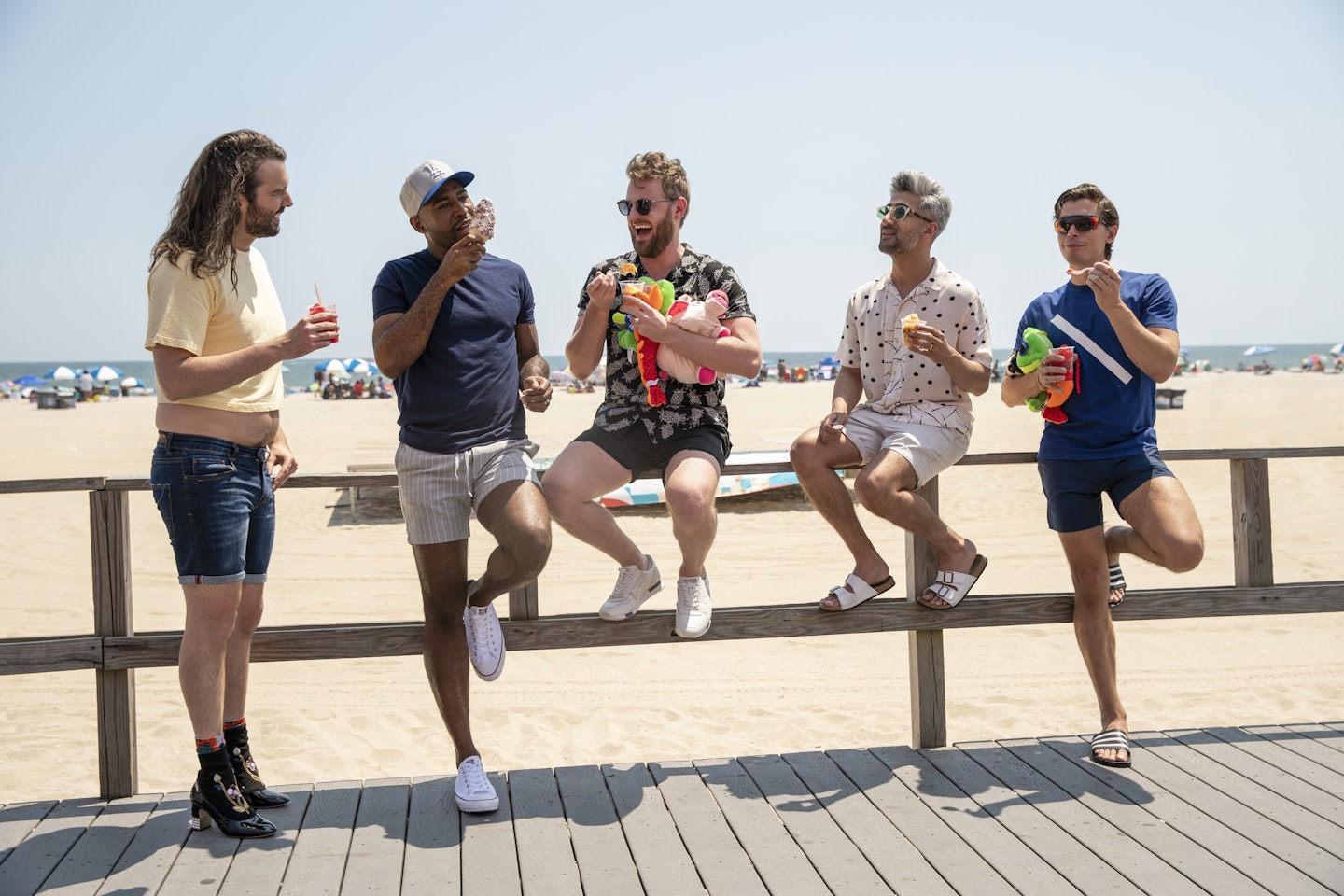 3 of 14
3 of 14Queer Eye, series 5
The Fab Five are back! The fifth series sees the boys travel to Philadelphia to help transform the lives of 10 (yes, 10!) different people, who they call 'heroes.' This is just what we need to get through the rest of lockdown. 5 June
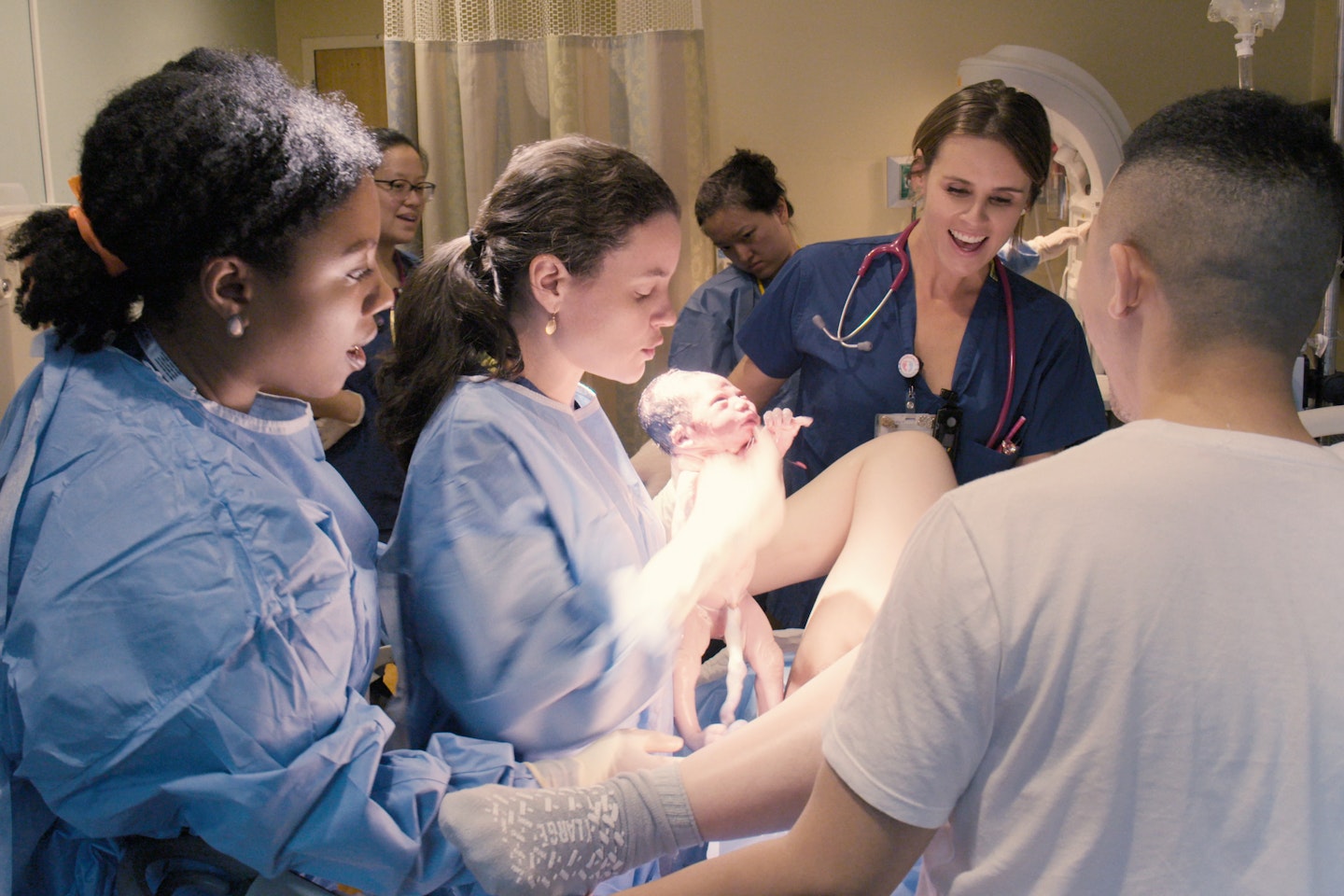 4 of 14
4 of 14Lenox Hill
Fans of One Born Every Minute and 24 Hours in A&E will love this docu-series following four doctors (two brain surgeons, an emergency room physician and a Chief Resident OBGYN ) at New York's Lenox Hill Hospital as they balance their personal lives and their dedication to their patients. 10 June
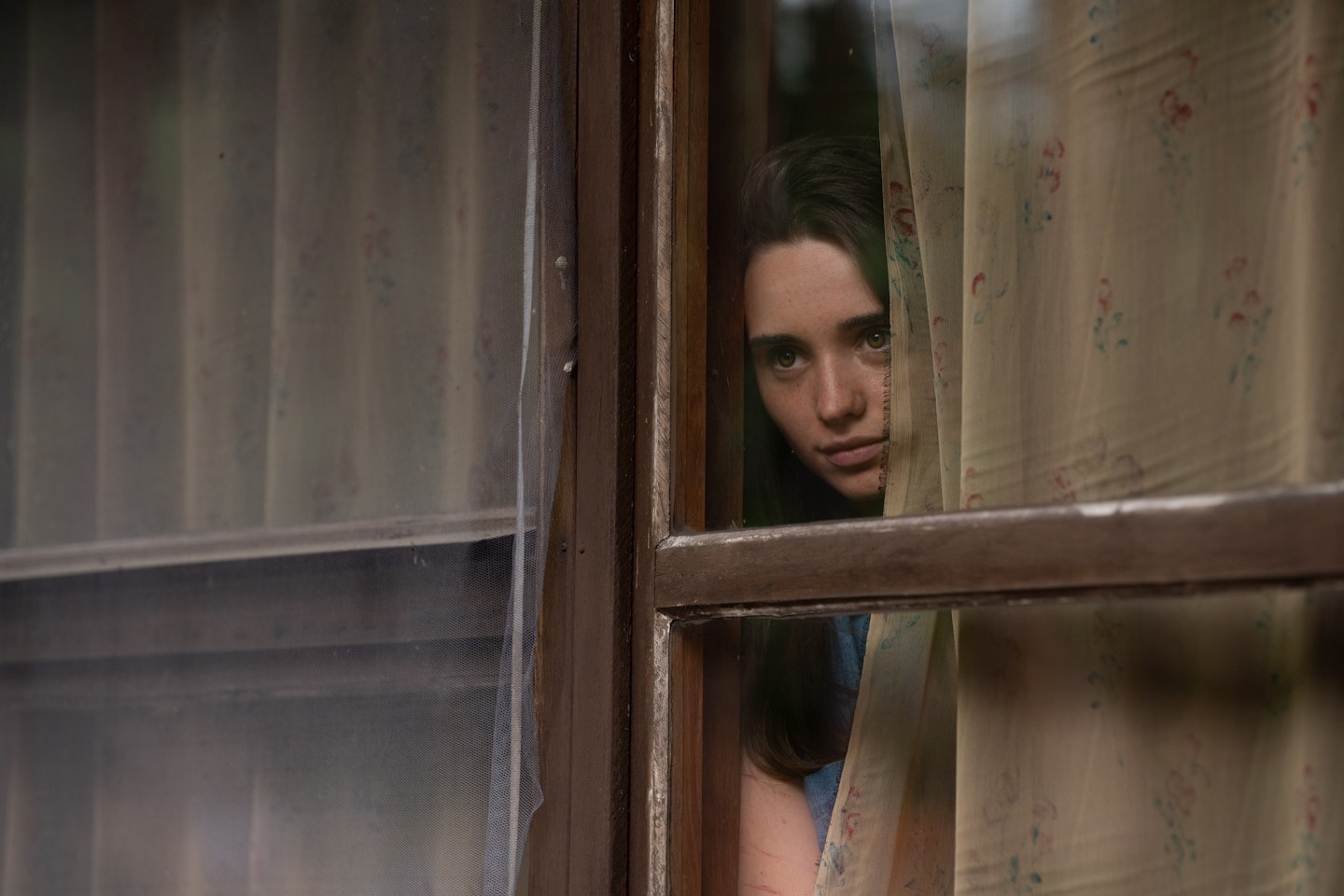 5 of 14
5 of 14The Order
After watching Harlen Coben's The Stranger and Safe, now try his latest series, The Woods. Set in two different time spans, 1994 and 2019, this drama tells the story of a Warsaw prosecutor who is still grieving the loss of his sister who went missing at summer camp 25 years ago. Now, as new evidence is brought to life, there is hope that his sister could still be alive. 12 June
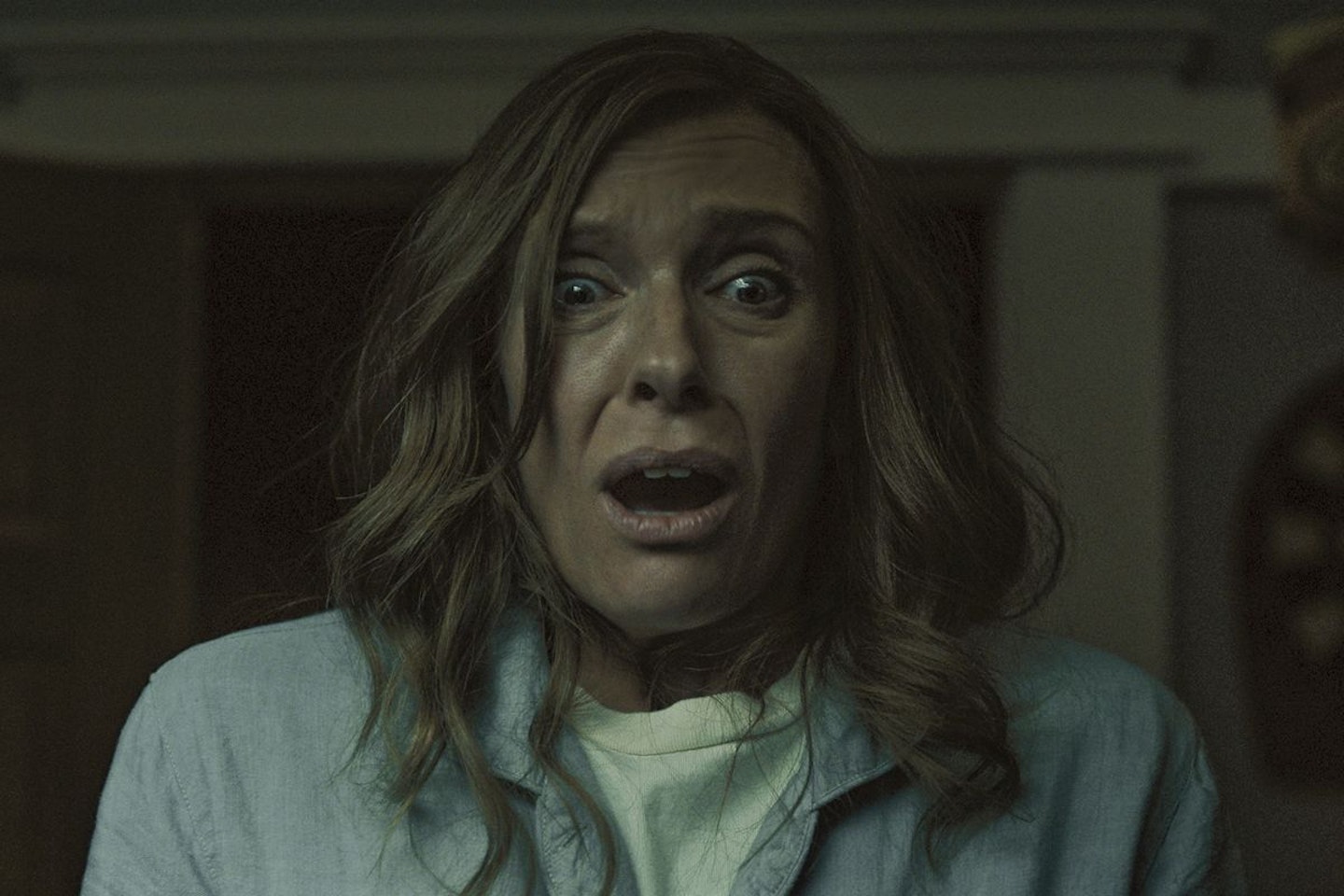 6 of 14
6 of 14Hereditary
Starring Grazia-favourite Toni Collette, this horror film sees the Graham family haunted (literally) by their ancestry following the death of their matriarch. 15 June
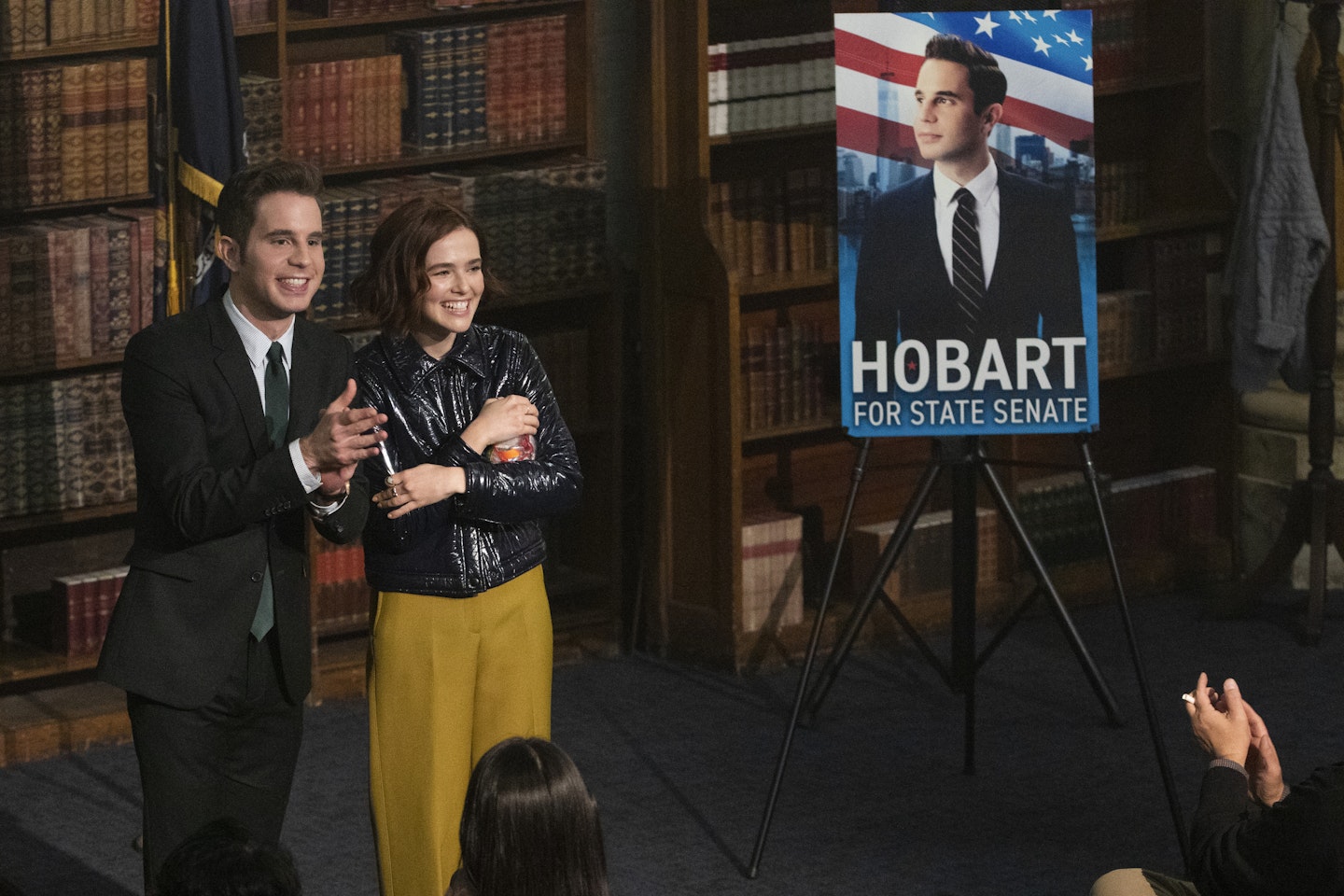 7 of 14
7 of 14The Politician, series 2
In the second series of Ryan Murphy's political drama, Payton (Ben Platt) fights to unseat Dede Standish (Judith Light) in the New York State Senate race, but actions by his mother Georgina (Gwyneth Paltrow) threaten to upstage him. 19 June
 8 of 14
8 of 14Father Soldier Son
Following the family of Sgt. First Class Brian Eisch, who was injured while serving in Afghanistan, this documentary shows the effect military life can have on a family over a 10 year period. 17 July.
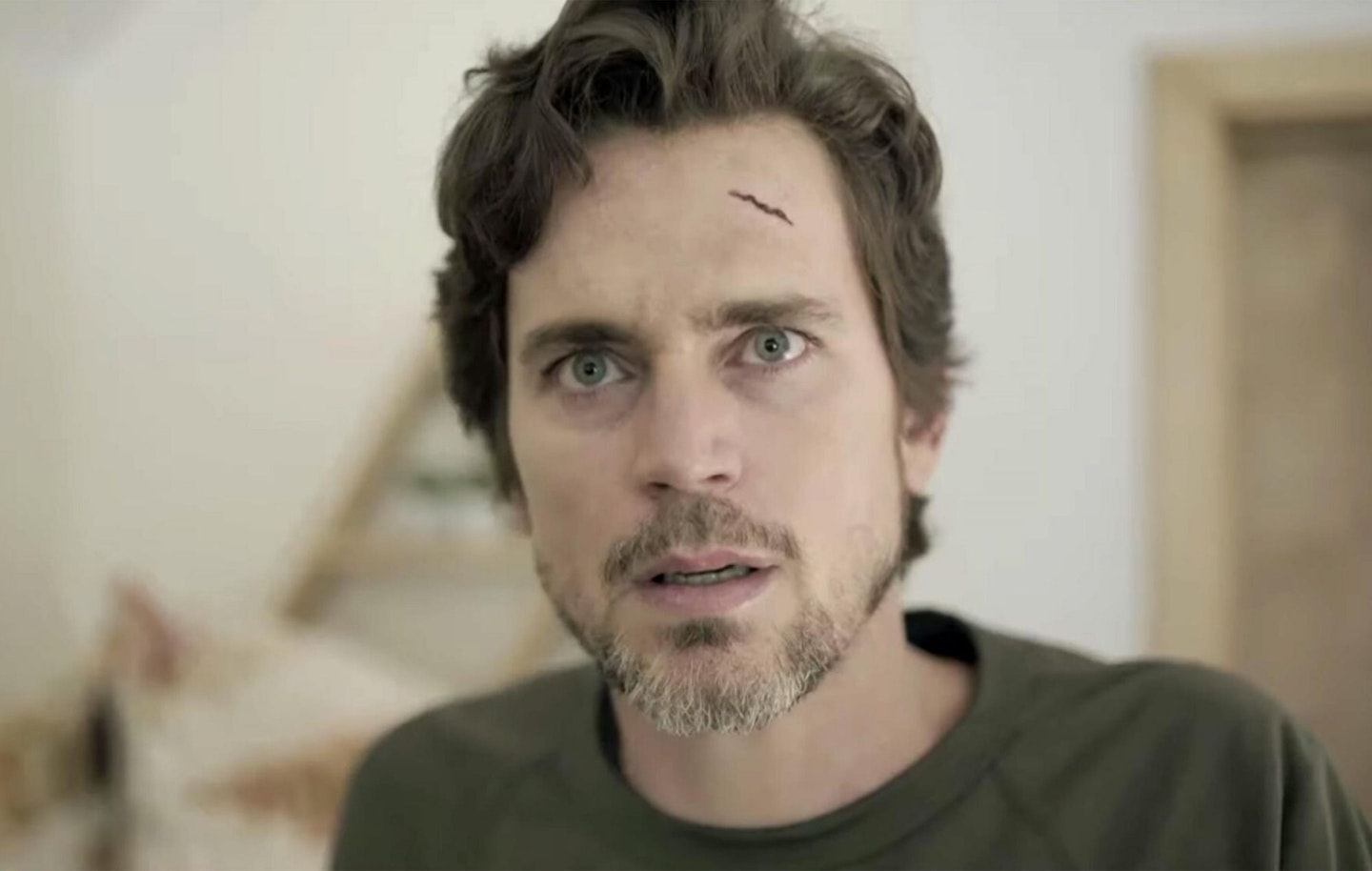 9 of 14
9 of 14The Sinner, series 3
Fans of the mysterious drama The Sinner will be pleased to see that Detective Harry Ambrose returns to trying to figure out why normal people commit heinous crimes. This series begins with a car crash that leaves only one survivor, but was it really an accident? 19 June
 10 of 14
10 of 14Athlete A
Follow the reporters from The Indianapolis Star, who exposed Dr. Larry Nassar's history of sexual abuse in the US, in this documentary about the abuse of young women on the USA Gymnastic's team. June 24
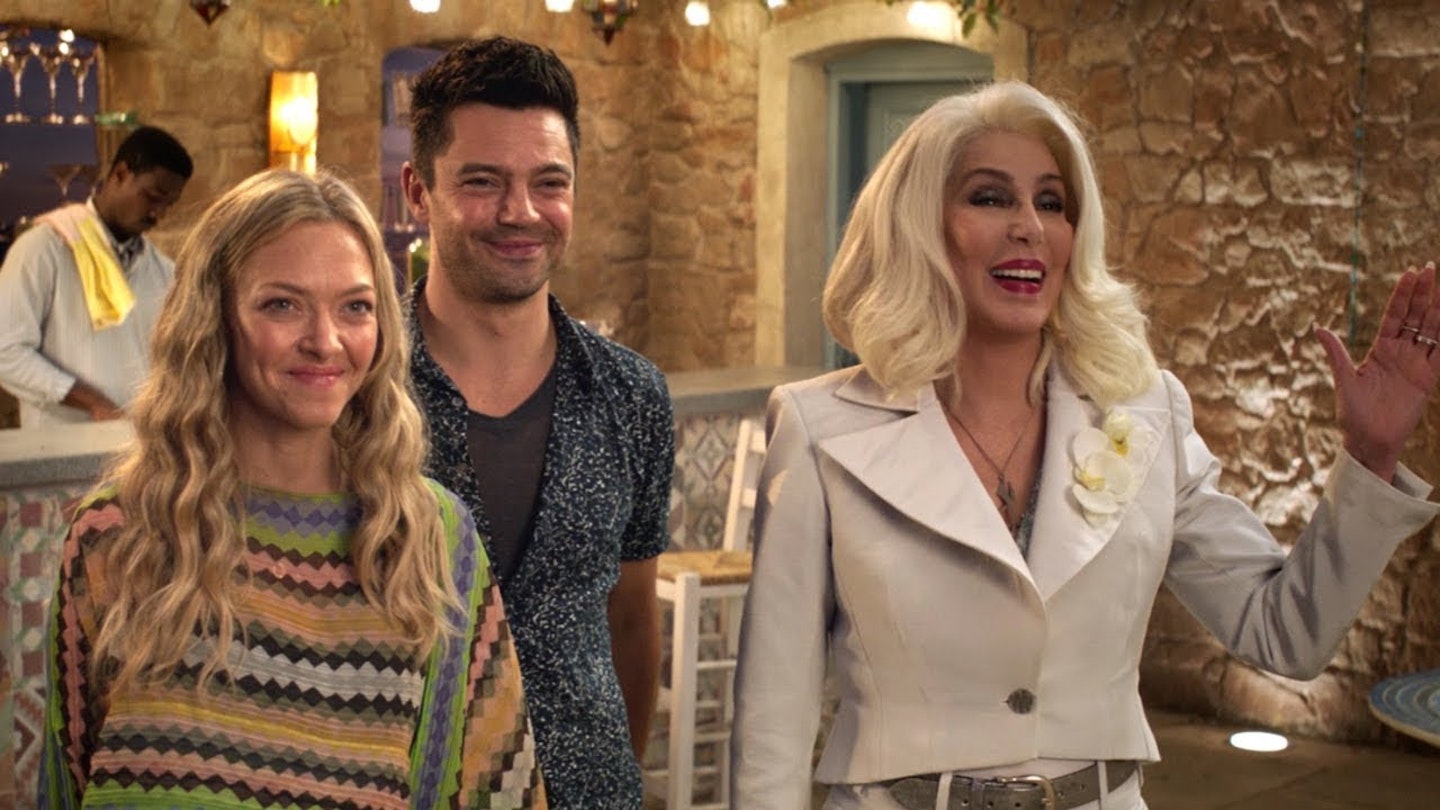 11 of 14
11 of 14Mamma Mia! Here We Go Again
See Cher, Meryl Streep and Lily James starin this sequel to everyone's favourite ABBA sing-a-long. 26 June
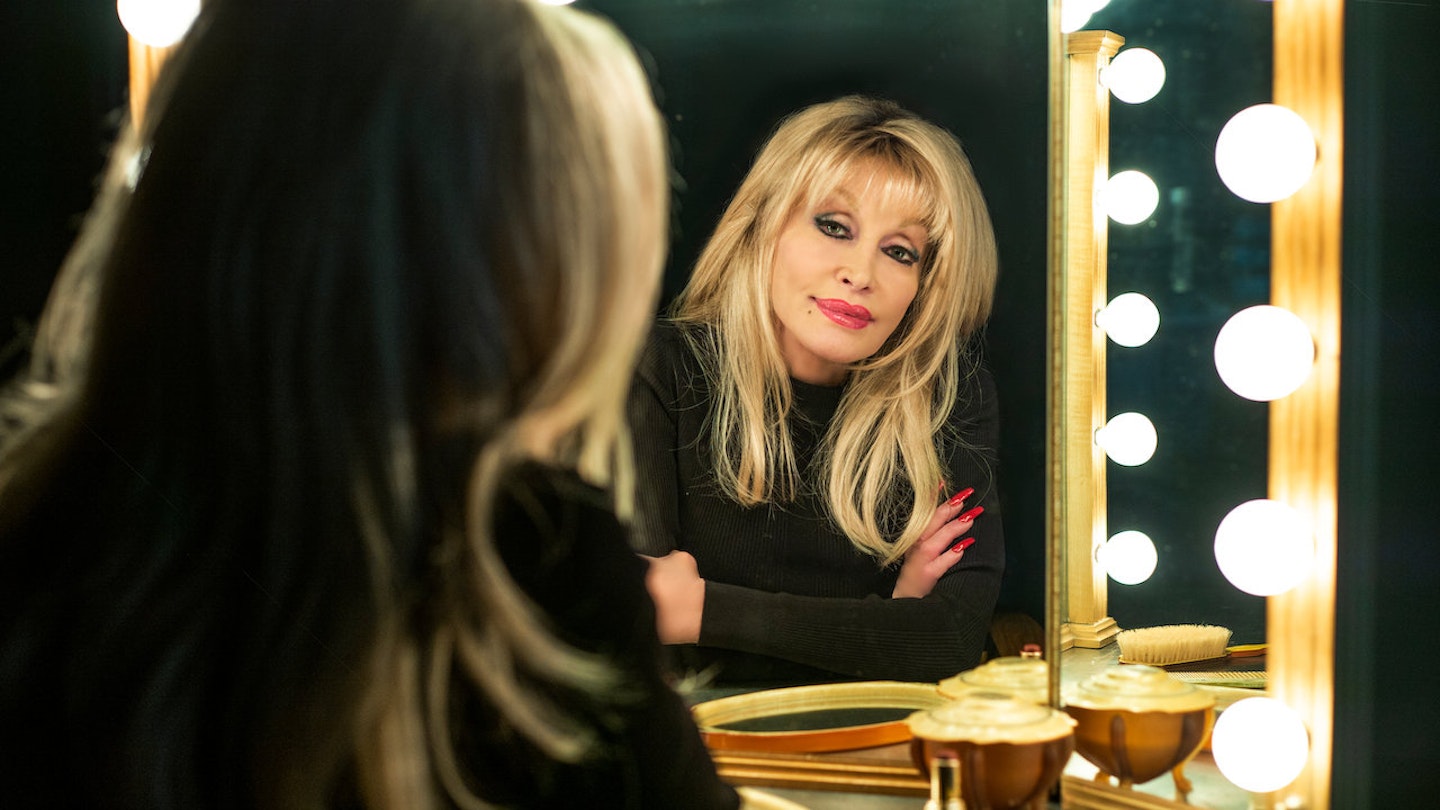 12 of 14
12 of 14Dolly Parton: Here I Am
Learn everything you ever wanted to know about superstar Dolly Parton in this documentary celebrating her extraordinary life, career and music. TBD
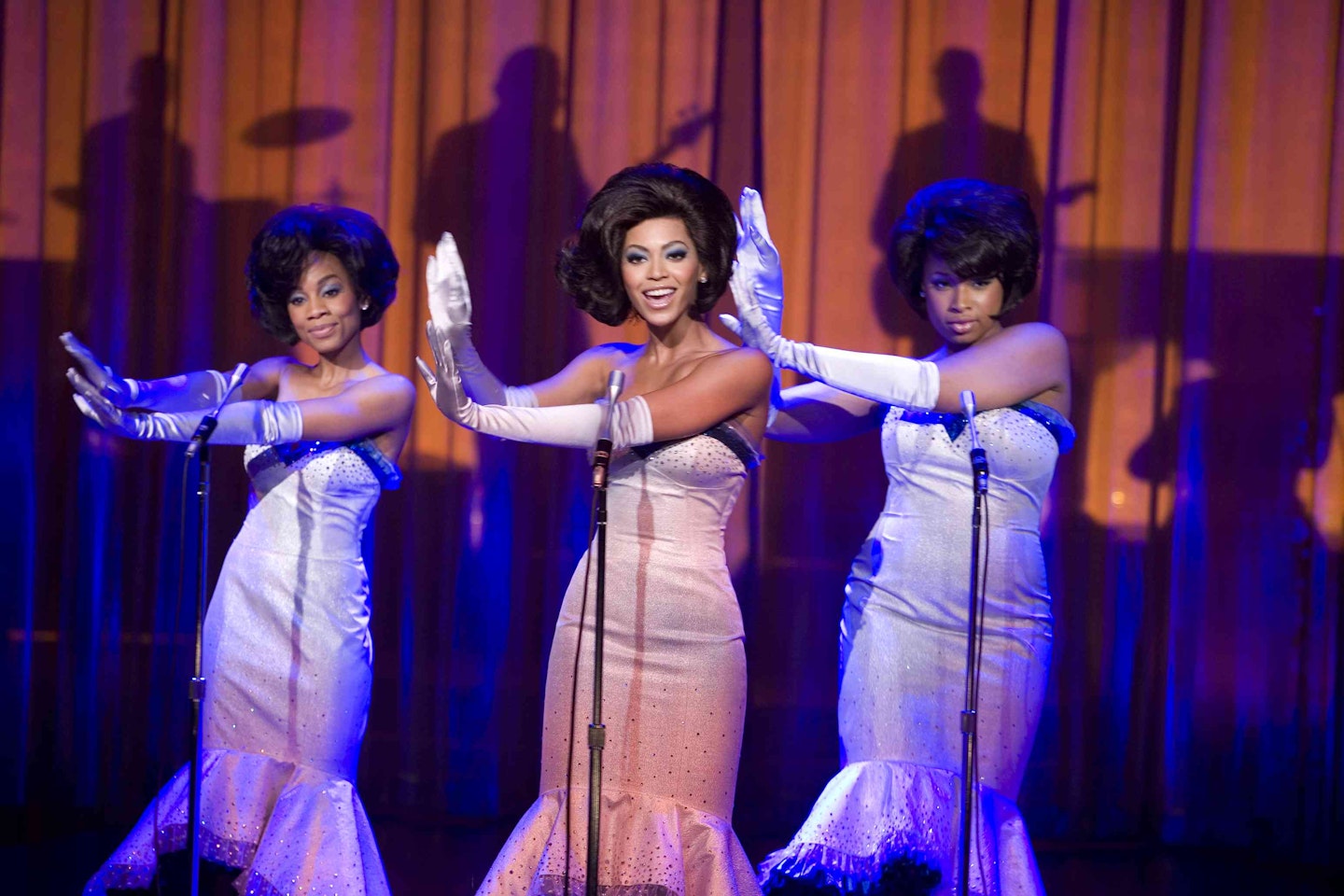 13 of 14
13 of 14Dream Girls
Beyoncé and Jennifer Hudson sing their way to the top in this incredible film with an even more incredible wardrobe. TBD
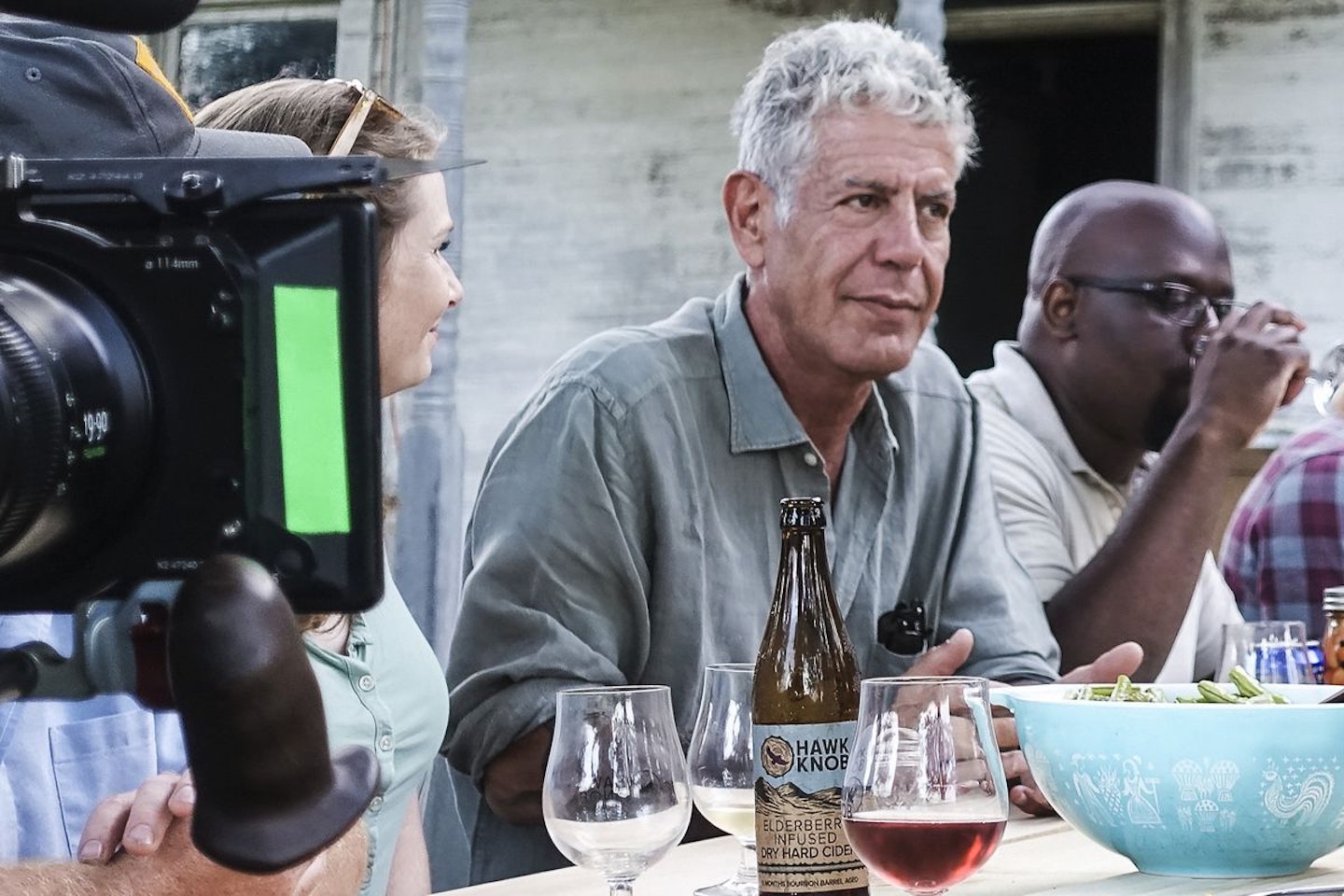 14 of 14
14 of 14Anthony Bourdain: Parts Unknown
Travel across the globe with chef Anthony Bourdain as he uncovers little-known areas of the world and celebrates diverse cultures by exploring food and dining rituals. TBD
